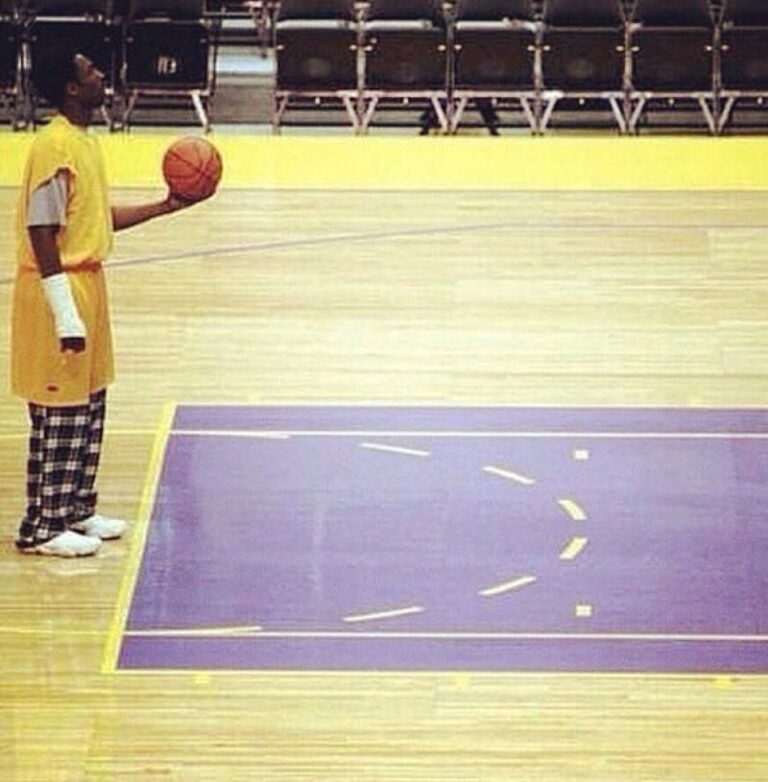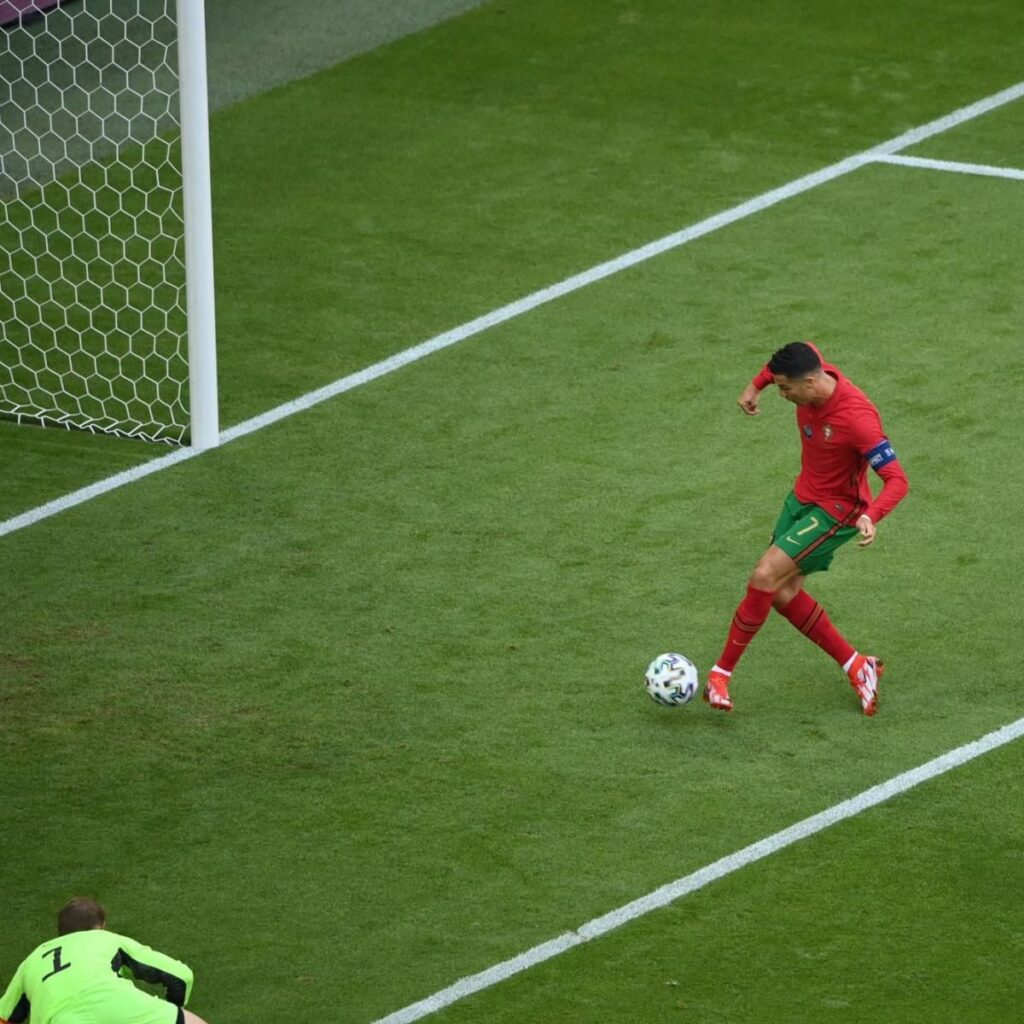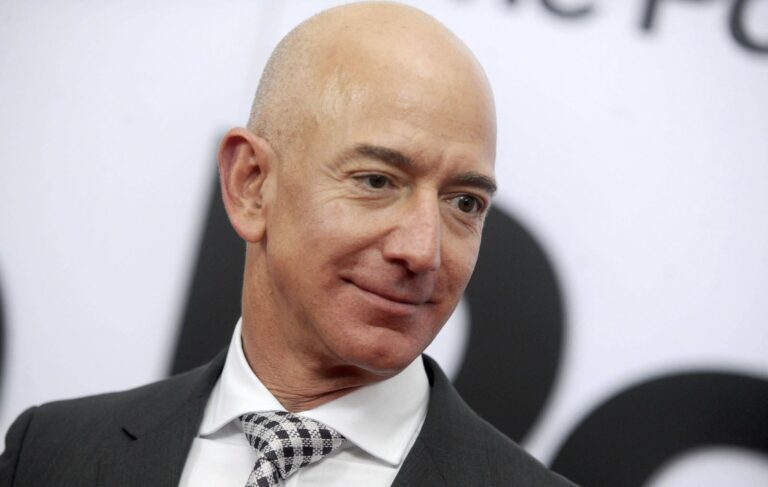"A vast unexploited opportunity for asset managers - an open goal"
This is the conclusion derived from having spent a large part of the last 7 weeks talking to a cross section of global asset owners.
But almost all large asset managers don't see it !
Even many of the asset owners didn't see it clearly.
But 100% of them I talked to agreed with the quoted conclusion.
What's not seen ?
Ok.
To raise and keep assets in a fund, the cold, hard truth is;
The fund must be trusted by an allocator.
1, 3 and 5 year fund performance might be accurate data,
.............but it's not fundamental to trust.
Years of investment experience and prestigious education might be part of the credentials of the manager,
...........but it's not key to trust.
What is owned in the fund is important to investment process,
...........but it's not at the heart of trust.
What is fundamental to being 'trusted as an investor' ?
I can't trust you as an investor, unless I KNOW YOU.
Helping an allocator 'know you' is paramount to keeping assets and growing assets.
But the industry doesn't get it.
it kids itself that the box is ticked.
Knowing you and your team is having a memorable and personalised investment philosophy.
Below sound familiar ?
We believe markets are often inefficient over the short term due to the behavioural biases of market participants. We believe in exploiting these inefficiencies by buying attractively valued growth companies at a discount and holding them for the long term. We use our deep dive sector expertise and combined 65 years investment experience to identify .....blah, blah.
Useless!
Completely generic and not about building trust !!
This is the open goal opportunity.
Trust is communicating your core beliefs and values as an investor in a deeply personal way.
Trust is describing your talents and strengths, how you tend to think, feel and behave in the markets and your attitude to risk. Trust is clearly communicating the timeframe for your objectives with compelling stories.
Over the next weeks and months myself and partners are bringing to market a new coaching product that addressees this opportunity in a innovative and cost efficient way.
It is an investment philosophy playbook for asset management firms who wish to differentiate through trust.
It will transform useless philosophy into clear, concise and memorable philosophy.
Focused on knowing individuals and the team to create trust.
The philosophy playbook will be customisable for asset management firms.
For some teams a high human touch involving a coach will be preferred or for others a low human touch tool using more natural language processing driven by AI technology.
In both scenarios AI will allow the costs to be realistic.
We are now building a list of interested firms to pilot the initial approach.
Please share with others if you think a leader might be curious to strategically explore the open goal opportunity.
#ai #assetmanagement












